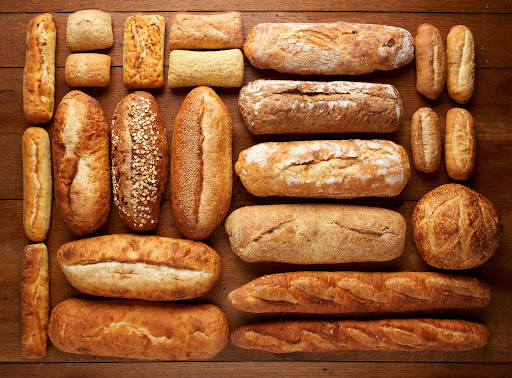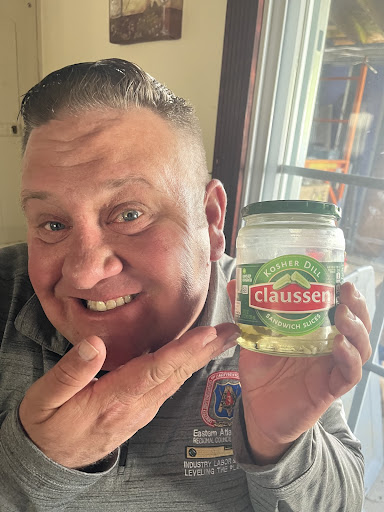The details are harrowing: two gunmen stormed the Paris agency of the satirical newspaper “Charlie Hebdo,” and opened fire in a board meeting before killing a police officer outside of the complex. Why was this done? The attack being an act of terrorism, the magazine had published cartoons of the Islamic prophet Muhammad. Such imagery is strictly forbidden by the faith, and considered offensive by most of its followers. In that light, the aftermath of the attack provides for a tricky situation. Many have adopted the French phrase “Je suis Charlie”—meaning “I am Charlie”— a means of showing solidarity not only with the deceased cartoonists, but for free speech as a whole.
That is where the dilemma presents itself. The speech that the magazine published was inarguably offensive to an entire faith. Under normal circumstances, most people— most Americans at least—would be reluctant to say “Je suis Charlie”. We’re willing to bet that most people would distance themselves from the magazine and cast it off as a fringe publication if they had known about it before the attack. Now, under special circumstances, millions are not only supporting Charlie Hebdo, they are Charlie Hebdo.
Because Charlie Hebdo did do something which by societal standards was morally wrong, it simply seems like a strange stance to take.
But in recognizing the inherent oddities in this stance, it appears that one is not showing support or solidarity with Charlie Hebdo, which is not the case. It’s not that we want to say “Je ne suis pas Charlie” (“I am not Charlie”), and refuse to show solidarity with the victims. Charlie Hebdo had the right of both French and Natural Law to do what they did. Offensive speech should not appear in mainstream media, and most media organizations have an ethical obligation to separate themselves from that type of content, which is why offensive content is relegated to its own unique place on the spectrum of speech. If this speech were to be limited, the spectrum of free speech would shrink, and potentially do so even more. As Thomas Jefferson said, free speech cannot “be limited without being lost.”
It seems wrong to say “Je suis Charlie”; it seems wrong to say “Je ne suis pas Charlie.”
In that light, it’s best to note there is a difference between having the right to say something and saying the right thing. Yet as the police officer who died outside of the office–a Muslim who by faith disagreed with the publication, but died as their defender– reminds us, there is a beautiful quote on this subject. Often quoted, it was said by the English writer Evelyn Beatrice Hall: “I may not agree with what you are saying, but I would die for your right to say it.”1
We may not be Charlie Hebdo, we may not agree with Charlie Hebdo, but, for the preservation of a freer society, we stand with Charlie Hebdo.
1 This quote is frequently misattributed to the French writer and philosopher Voltaire.







